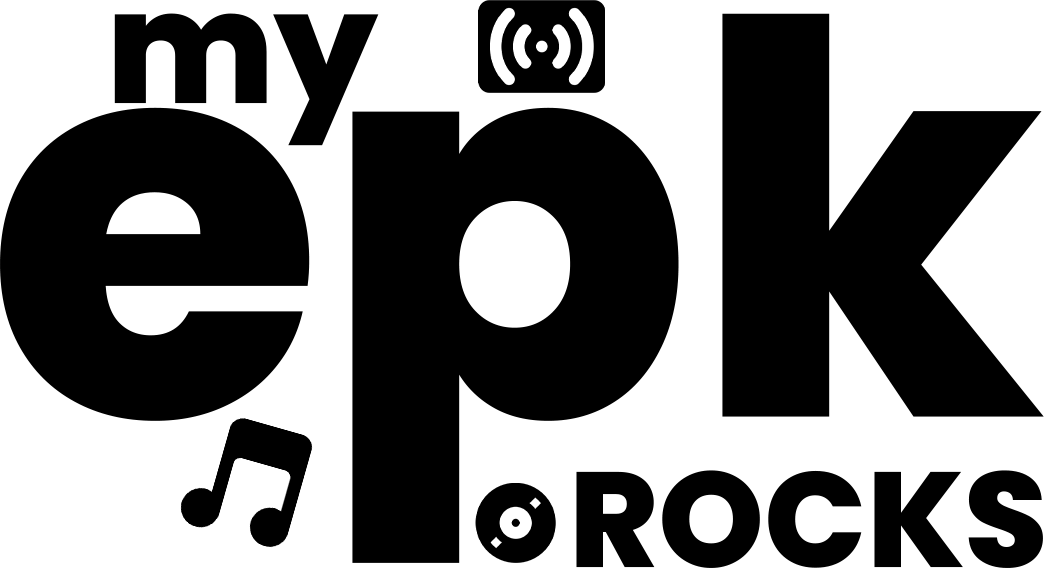Okay, buckle up, future music makers! It’s 2026, and let’s be real, the old playbook for getting your music heard is basically dinosaur bones. The industry has mutated faster than a TikTok trend. Forget about begging for a record deal (unless you really want that), because the power is officially in your hands. This isn’t just about surviving; it’s about thriving, connecting, and building a community that actually cares about your sound.
This isn’t a listicle of generic tips. We’re diving deep into the practical strategies that are actually working right now for bands in 2026. Whether you’re a seasoned pro navigating the new landscape or a fresh-faced newcomer dreaming of filling stadiums, this is your guide to future-proofing your musical journey.
First, Let’s Acknowledge the Elephant (or AI Robot) in the Room: The Landscape in 2026
Before we get tactical, it’s crucial to understand the context. What’s different about 2026 compared to, say, 2020? A few key shifts have fundamentally altered the game:
- AI Integration is EVERYWHERE: AI isn’t just a novelty. It’s baked into almost every aspect of music creation, distribution, and marketing. From AI-powered songwriting tools to personalized music recommendations that are scarily accurate, it’s impossible to ignore. It’s also an ethical debate with huge impact on music law, copyright, and royalties, as you can read more about AI and the Law here.
- Micro-Communities Dominate: The era of mass appeal is fading. People are gravitating towards smaller, hyper-specific communities based on niche interests and shared values. Connecting with these micro-communities is way more effective than trying to blast your music to everyone.
- Authenticity is the New Currency: Forget manufactured pop star images. Fans are craving genuine connection and transparency. They want to know the real you, your struggles, your inspirations, and what you stand for.
- The Metaverse Isn’t Just a Buzzword: Virtual concerts, interactive experiences, and digital merchandise are becoming mainstream. The metaverse offers completely new ways to engage with your audience and monetize your music. This includes exploring Augmented Reality and Virtual Reality experiences to better enhance music videos, concerts, and even just connecting with your fans.
- Direct-to-Fan is King (and Queen): Platforms that empower artists to connect directly with their fans, sell music, merchandise, and experiences, and control their own data are exploding. Gatekeepers are losing their grip.
Okay, So How Do You Actually Reach Fans in This New World? Here’s the Blueprint:
1. Mastering the Art of Hyper-Targeted Discovery
- AI-Powered Music Promotion Platforms: Stop throwing money at generic ads. AI-powered platforms analyze your music, identify your ideal audience based on their listening habits, and create highly targeted ad campaigns. They can even predict which songs are most likely to resonate with specific demographics. Research platforms like Musicoin that leverage AI to help with music discovery.
- Micro-Influencer Marketing: Forget about trying to land a shoutout from a celebrity. Partner with micro-influencers in your niche. These are people with smaller but highly engaged followings who are passionate about specific genres, subcultures, or lifestyles. Their endorsements carry more weight with their audience than a generic celebrity endorsement. Find influencers who authentically align with your brand and music, which will lead to more engagement than one that’s “forced”.
- Community-Driven Playlists: Curate playlists that cater to specific micro-communities. Don’t just throw your own music on them; fill them with songs that your target audience already loves. Promote these playlists within relevant online communities and watch your music organically get discovered.
2. Building a Tribe, Not Just a Fanbase: Community Engagement Strategies
- Discord is Your New Best Friend: Create a dedicated Discord server for your band. This is where you can have real-time conversations with your fans, share exclusive content, host Q&A sessions, and build a sense of community. Let your fans help shape your music by taking polls on upcoming songs, album artwork, or other fan-engaging ideas.
- Interactive Live Streams: Ditch the boring live performances. Embrace interactive elements like polls, Q&A, song requests, and even virtual jam sessions with fans. Platforms like Twitch and YouTube Live are your playgrounds. You can even go a step further by partnering with local businesses, restaurants, breweries, etc. to help advertise your live stream.
- Personalized Content: Use data and analytics to understand your fans’ preferences and create personalized content that resonates with them. This could include custom playlists, behind-the-scenes videos, or even personalized thank-you messages. This helps build a relationship, which will in turn create a more loyal following.
- IRL Experiences: Don’t forget the real world! Host intimate acoustic shows, meet-and-greets, or even volunteer events that align with your band’s values. These experiences create lasting memories and strengthen the bond between you and your fans.
3. Monetizing Your Music in the 2026 Economy
- Direct-to-Fan Platforms (Seriously, Use Them): Platforms like Bandcamp, Patreon, and Kickstarter are essential for building a sustainable income stream. Sell your music, merchandise, and exclusive content directly to your fans, cutting out the middlemen and keeping more of the revenue. Give your fans different subscription tiers that give them different benefits for supporting the band.
- NFTs and Digital Collectibles: Non-fungible tokens (NFTs) are revolutionizing the music industry. Create unique digital collectibles, such as limited-edition artwork, unreleased tracks, or virtual concert tickets, and sell them to your fans. This is a great way to reward your most loyal supporters and generate revenue from your creativity. Learn more about NFTs here.
- Virtual Concerts and Experiences: The metaverse offers a whole new world of monetization opportunities. Host virtual concerts, create interactive virtual experiences, and sell digital merchandise to fans around the world.
- Fan-Powered Royalties: Explore platforms that allow fans to directly support their favorite artists and earn royalties based on the songs they listen to. This creates a more equitable and sustainable ecosystem for musicians. Consider platforms that are built on Web3 technologies like Audius that help musicians connect with fans and grow a loyal community.
- Licensing Your Music to Games and Virtual Worlds: The gaming industry and metaverse platforms are constantly looking for new music to soundtrack their experiences. License your music to these platforms and earn royalties every time your music is used.
4. The Metaverse is Your New Venue: Embracing Virtual Worlds
- Virtual Concerts are NOT Just Zoom Calls: Think beyond static performances. Create immersive, interactive virtual concerts that take advantage of the metaverse’s unique capabilities. Use virtual reality, augmented reality, and 3D environments to create unforgettable experiences. Services and companies such as Wave help artists create these virtual experiences.
- Build Your Own Virtual World: Create your own virtual world where fans can explore your music, interact with each other, and participate in virtual events. This is a great way to create a deeper connection with your audience and build a loyal community.
- Virtual Merchandise: Design and sell virtual merchandise, such as clothing, accessories, and virtual instruments, for fans to use in the metaverse.
- Collaborate with Metaverse Creators: Partner with metaverse creators, such as game developers and virtual world designers, to integrate your music into their projects.
5. AI as Your Co-Pilot (Not Your Replacement): Navigating the Algorithmic Landscape
- AI-Powered Songwriting Tools: Don’t be afraid to experiment with AI-powered songwriting tools. These tools can help you generate new ideas, create melodies, and even write lyrics. But remember, AI is just a tool; it’s up to you to bring your own creativity and artistry to the table.
- AI-Driven Music Production: Use AI-powered music production tools to streamline your workflow, improve your sound quality, and even create entirely new sonic textures.
- AI for Social Media Management: Use AI-powered social media management tools to automate your posts, track your engagement, and even generate content ideas.
- Ethical Considerations: Be mindful of the ethical implications of using AI in your music. Be transparent about your use of AI and avoid creating music that is indistinguishable from human-created music.
6. Data-Driven Decisions: Understanding Your Audience and Your Music
- Track Everything: Track everything you do, from your social media engagement to your streaming numbers to your merchandise sales. This data will give you valuable insights into what’s working and what’s not.
- Use Analytics Tools: Use analytics tools like Google Analytics, Spotify for Artists, and Apple Music for Artists to understand your audience, track your music’s performance, and identify opportunities for growth.
- A/B Testing: Experiment with different marketing strategies, content formats, and pricing models to see what resonates best with your audience.
- Adapt and Evolve: The music industry is constantly evolving, so it’s important to be adaptable and willing to change your strategies based on the data you collect.
7. Mental Health is Paramount: Avoiding Burnout in the Digital Age
- Set Boundaries: It’s easy to get caught up in the constant demands of the digital world. Set boundaries for your online activity and make time for offline activities that you enjoy.
- Prioritize Self-Care: Take care of your physical and mental health. Eat healthy, exercise regularly, and get enough sleep.
- Build a Support System: Surround yourself with supportive friends, family, and mentors who can help you navigate the challenges of the music industry.
- Don’t Be Afraid to Ask for Help: If you’re struggling with mental health issues, don’t be afraid to seek professional help. The music industry can be incredibly stressful, and it’s important to prioritize your well-being.
- Remember Your “Why”: Remind yourself why you started making music in the first place. Focusing on your passion can help you stay motivated and overcome challenges.
Final Thoughts: The Future of Music is in Your Hands
The music industry in 2026 is a wild and unpredictable place, but it’s also full of opportunities for artists who are willing to embrace new technologies, connect with their fans on a deeper level, and stay true to their artistic vision. The tools are there, the platforms are evolving, and the audience is craving authentic connection.
It’s not about chasing fame or fortune. It’s about building a community, creating meaningful experiences, and sharing your unique voice with the world. So, go out there, experiment, learn, and most importantly, have fun! The future of music is in your hands – make it loud, make it authentic, and make it your own.
One more thing: don’t be afraid to fail. Not everything you try will work, and that’s okay. The most important thing is to learn from your mistakes and keep pushing forward. Persistence, creativity, and a genuine connection with your audience are the keys to success in the ever-evolving music industry. Now go create some awesome stuff!


